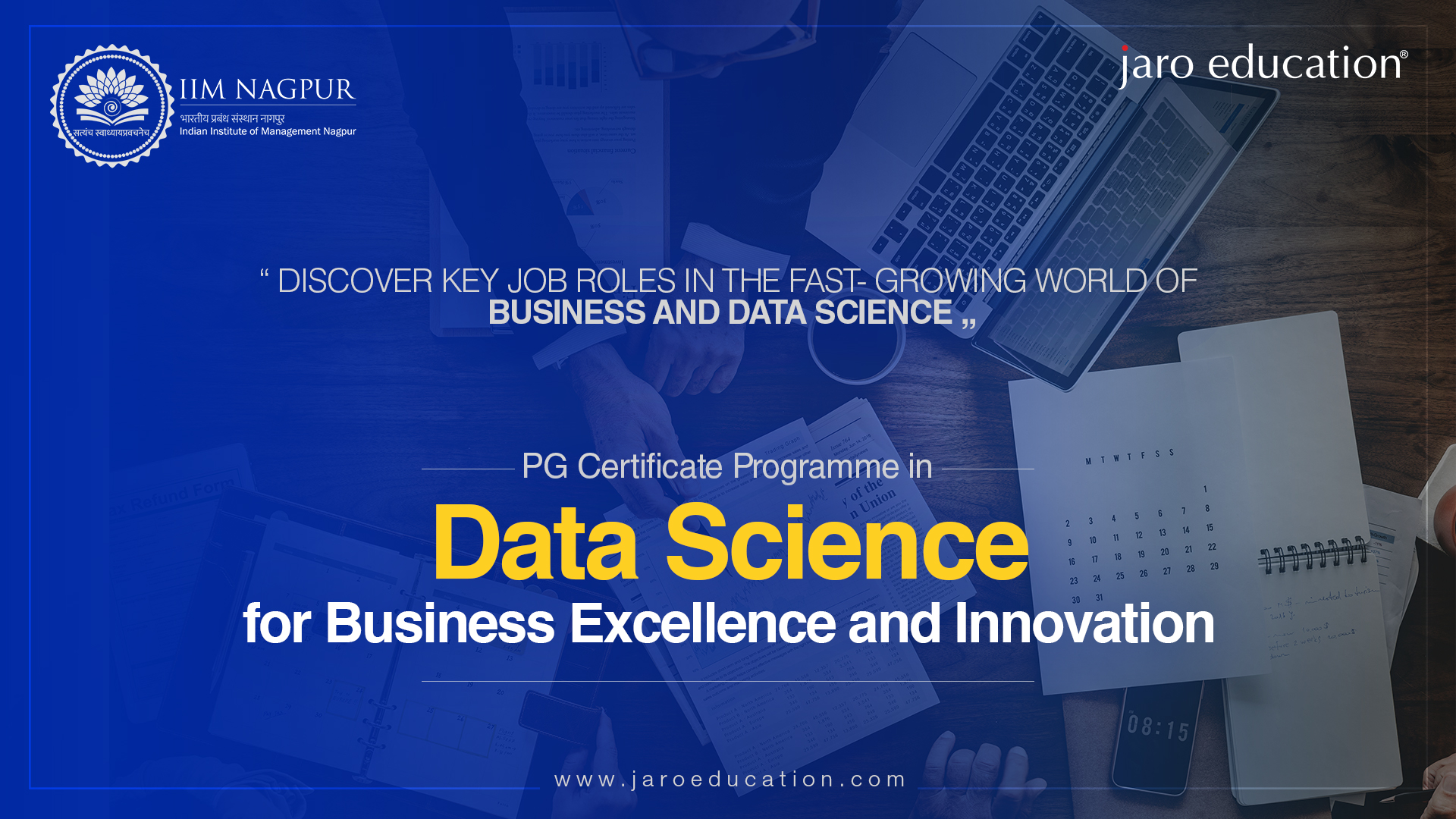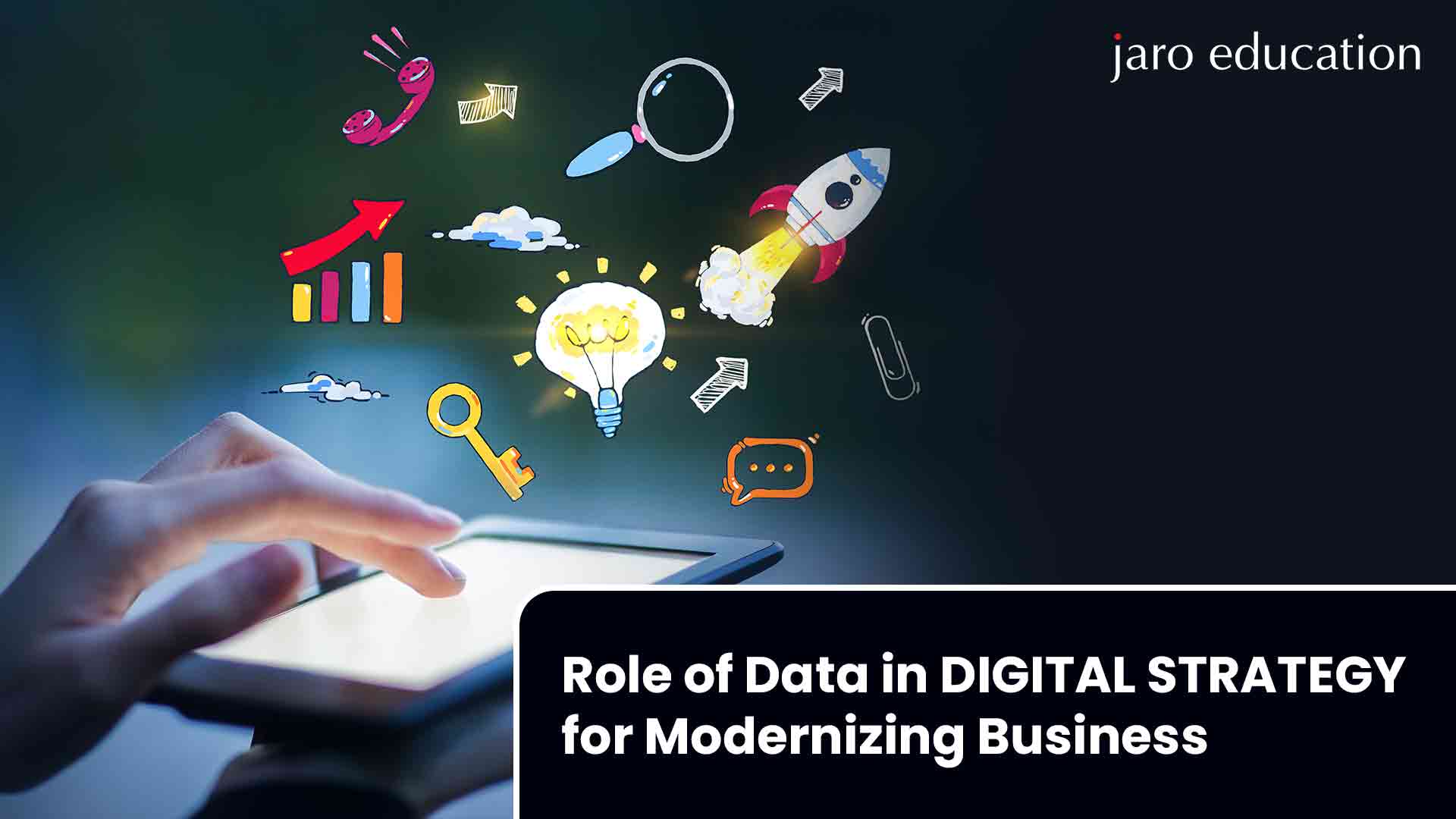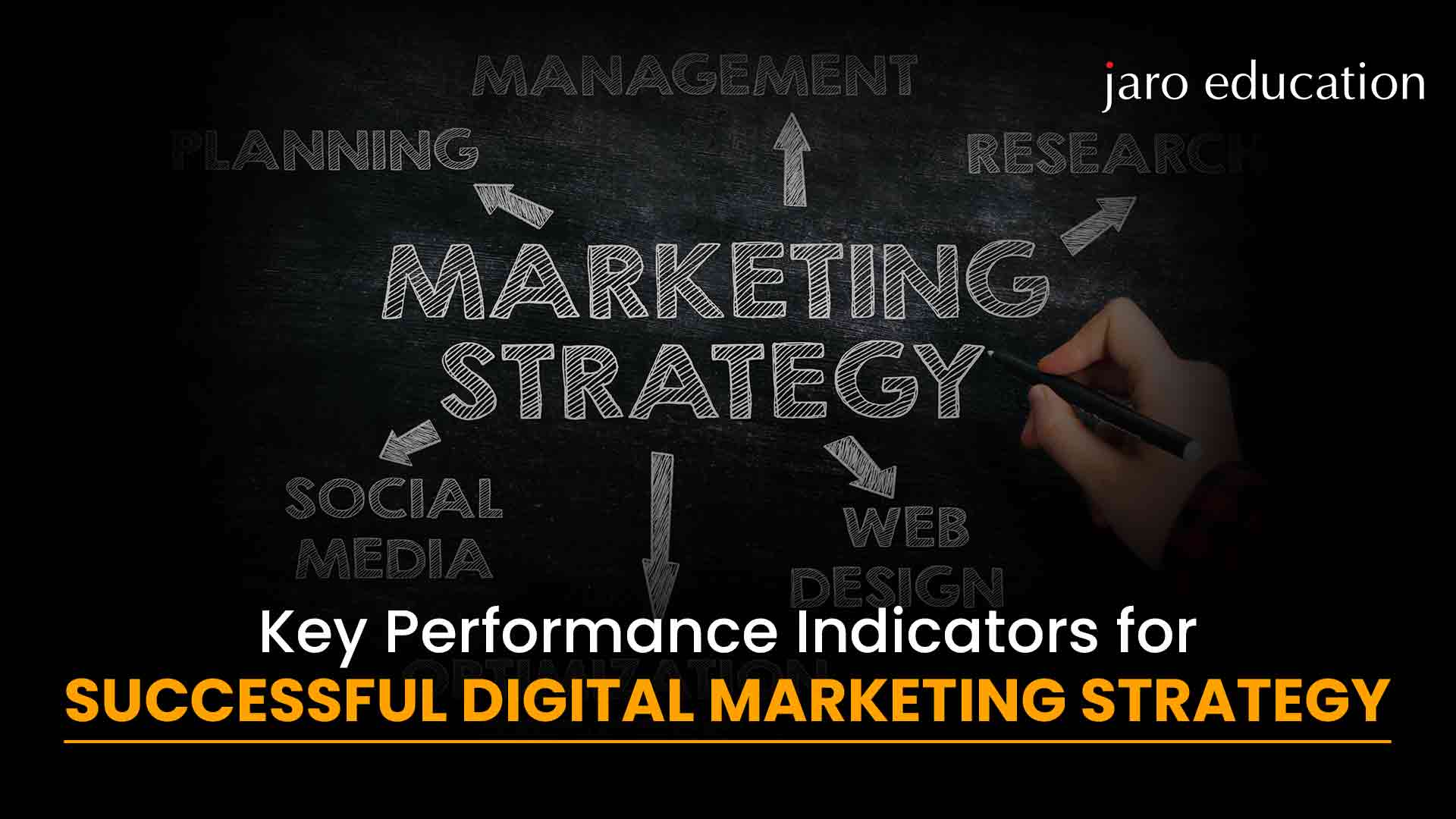
- jaro education
- 12, July 2021
- 12:00 am
According to a report by the World Economic Forum, the pace of technology adoption is expected to remain unabated and may accelerate in some areas. The adoption of cloud computing, big data and e-commerce remain high priorities for business leaders, following a trend established in previous years. However, there has also been a significant rise in interest for encryption, non-humanoid robots and artificial intelligence.
Skill shortages are more acute in emerging professions. Asked to rate the ease of finding skilled employees across a range of new, strategic roles, business leaders consistently cite difficulties when hiring for Data Analysts and Scientists, AI and Machine Learning Specialists as well as Software and Application Developers, among other emerging roles. While an exact skills match is not a prerequisite to making a job transition, the long-term productivity of employees is determined by their mastery of key competencies.
There is a high demand for data science professionals equipped with machine learning & artificial intelligence skills along with business expertise. Let’s look at different job roles a learner can pursue after earning a data science certification:
Table of Contents
Business Analyst
A business analyst converts big data into actionable insights
The key role of business analysts is to guide the company by improving products, processes or services using data analysis. They possess both technical and business expertise. Working in collaboration with leaders, they are responsible to deliver data-driven insights and recommendations that drive business innovation. As data is becoming more and more valuable to companies, business analysts have a very critical role to play to push any organization forward.
Key Skills: Technical Skills, Analytical Skills, Communication, Problem-solving, Research
Data Analyst
A data analyst puts data into context
The key role of a data analyst is to draw meaningful discoveries through data visualization. Strong technical skills and willingness to continuously keep up with new technology developments is important. A data analyst works with software, systems and data. Learners looking to kickstart a successful career in data analytics need to be skilled in machine learning, Python/R programming, statistical analysis, numerical computation, data mining, data wrangling, and data visualization.
Key Skills: Technical Know-How, Communication Skills, Critical Thinking, Presentation Skills, Data Visualization Skills
Data Scientist
Data scientists uncover the answers to major questions that help organizations make future decisions
Harvard Business Review called data science “the sexiest job of the 21st century,” noting that “high-ranking professionals with the training and curiosity to make discoveries in the world of big data” are in major demand. The key role of a data scientist is to work with designing tools, automation systems and data frameworks. They are responsible for designing data modelling processes, creating algorithms and predictive models. The role of a data scientist is often considered to be more senior than a data analyst. A data scientist is responsible to predict the future trends and work at a macro level to develop new ways of asking and answering important business questions.
Key Skills: Statistical Analysis, Programming, Data Storytelling, Business Intuition, Critical Thinking
AI Engineer
AI engineers build, maintain and deploy AI-based systems
The position of an AI Engineer is a hybrid of data engineering, software development and data science. AI Engineer must be proficient in algorithms, machine learning, neural networks and important AI-backed technologies. A thorough knowledge of programming languages like Python, R, Java, C++ is a must. A basic understanding of how businesses operate would help you translate your technical ideas into value-based business projects.
Key Skills: Analytic Skills, Business Acumen, Programming Skills, Collaboration Skills
Statistician
Statistics professionals equip organizations with data-driven strategic awareness
Statisticians need to be competent with modern statistical tools like neural networks, machine learning, programming in Python, predictive AI, statistical data mining and computational statistics. They must have a keen eye for detecting trends/patterns in complex big data. Exhibiting strong communication skills, a statistician must be able to communicate his findings effectively to the key stakeholders of the company. A deep understanding of the real-world applications for quantitative information is what sets them apart.
Key Skills: Mathematics and Logic, Technical skills, Numerical Reasoning, Forecasting, Communication
Learners who enroll in PG Certificate Programme In Data Science For Business Excellence And Innovation are on track to make the most of many career opportunities. With sound technical knowledge in the latest tools, learners are empowered to guide their organizations for long-term success while building exceptional careers for themselves.
After the completion of this data science online course you will be equipped with strong quantitative reasoning abilities with industry-specific experience to establish a thriving career and earning leadership position.











